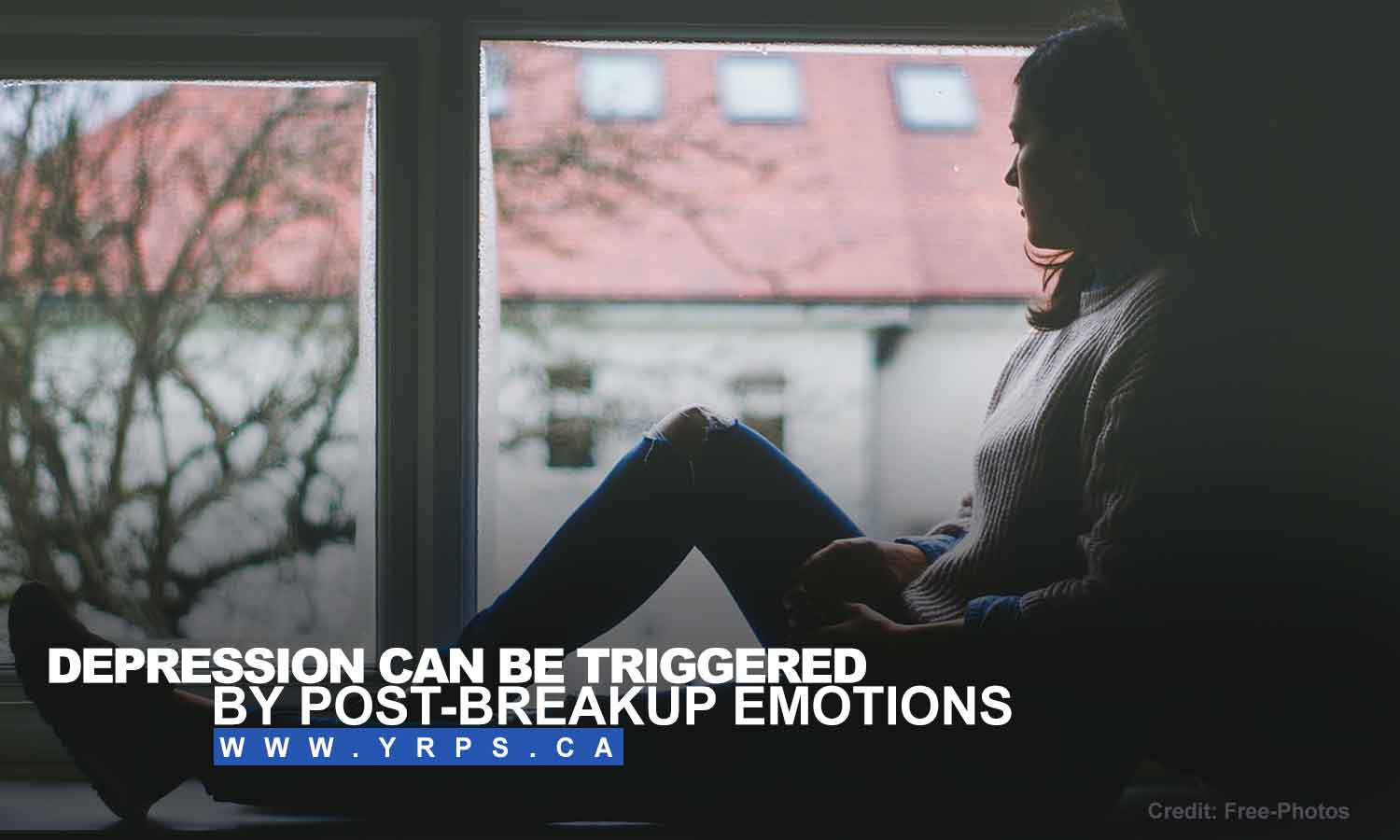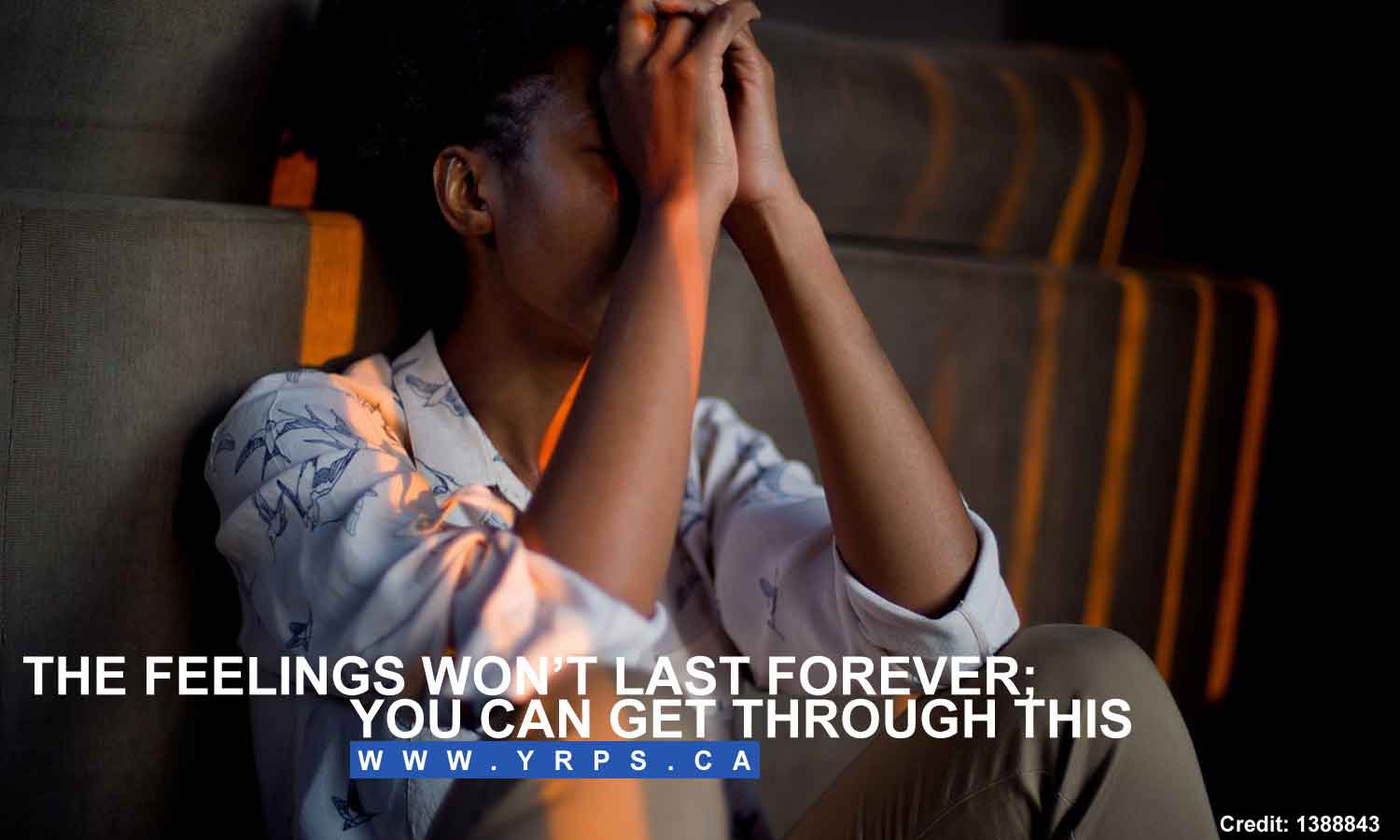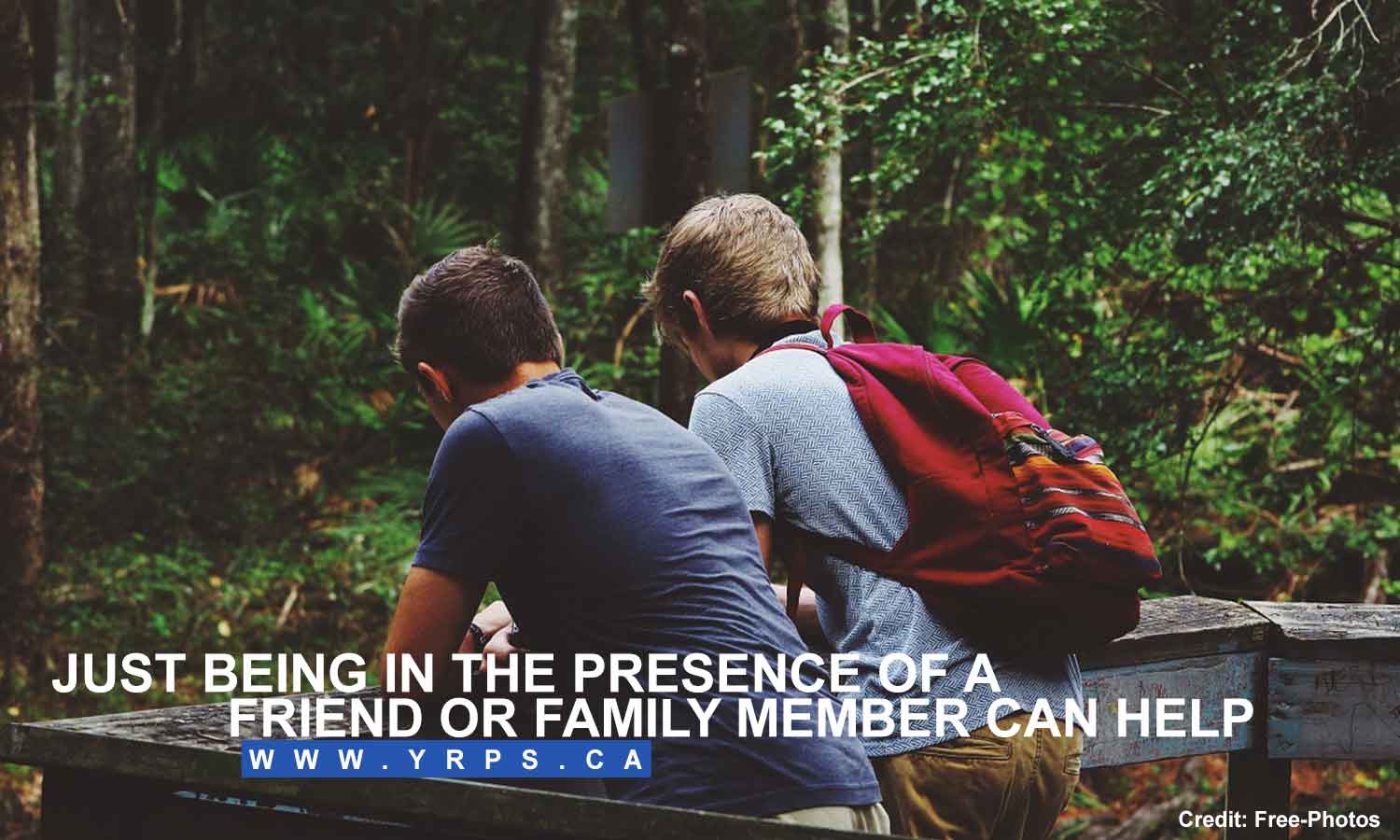Spotting the Signs of Post-Breakup Depression

Going through a breakup is generally an upsetting life event. It makes complete sense to feel sad, angry, and bewildered. Whether you were the one who ended it or the one who was left, ending a relationship affects each party involved. However, in some cases, typical emotions can become harmful.
Depression is a mental illness that sometimes gets triggered by breakups. If you suspect that you’re experiencing post-breakup depression, reach out to a psychologist in Toronto. Learn more about how to spot post-breakup depression below.
What is Depression?
As mentioned, depression is a mental illness that affects approximately 25 percent of Canadians. Depression is sometimes confused with regular bouts of sadness and low-level feelings. However, clinical depression has a level of severity that is dangerous to ignore. Diagnosing depression is tricky because it can look different in different people. Generally, doctors diagnose depression based on having five of the following nine symptoms.
- Feeling a sense of hopelessness most days
- Changes in weight and appetite
- Changes in sleeping patterns
- Loss of interest in things you ordinarily enjoy
- Sped-up or slowed down speech and movements
- Feeling a sense of worthlessness
- Feeling a significant loss of energy most days
- Having difficulty with decision-making and focusing
- Suicidal ideation, or thinking about suicide
These symptoms are also signs of post-breakup depression to look out for. Some of them can be hard to spot in others unless you’re in contact with them most days. In yourself, it’s easy to notice changes like these. If a friend or family member recently went through a breakup, refer to this list. Having an open conversation about how they’re feeling can help you spot it. However, for an official diagnosis, you/they need to see a doctor.

Why Breakups Can Trigger Depression
It’s not surprising that breakups can cause depression. Each relationship is different, but most leave the partnership with unresolved feelings. It’s safe to say that the majority of separations aren’t mutual decisions. The person who didn’t contribute to the decision may feel rejected and abandoned. They could also be angry, bitter, and resentful.
In some cases, the person who was broken up with will feel remorse and guilt about the relationship. Did they do something wrong? Should they have done something differently? Why aren’t they good enough? These questions address not just the relationship, but you’re identity. Depression is more profound than being sad or mad that something ended; it’s about questioning your identity and worth.
Breakups aren’t the only things that trigger depression. Sometimes it’s the grief you feel after losing a loved one to disease or an accident. Working through trauma from your childhood can trigger it, as can being hurt by someone you trusted. The list of causes of depression is endless. However, when it’s caused by a breakup, there’s usually a strong element of decreased self-worth.
Those with preexisting mental health conditions are at a higher risk of developing depression post-breakup. This is especially true if they’ve suffered from depression in the past. The crucial thing to remember is that depression looks different with everyone, and it should always be taken seriously.

How To Get Through The Heartbreak
If you’re going through a heartbreak right now, know that you’re not alone. There are people and services here to help you. Even if you feel abandoned by your previous partner, you haven’t been abandoned by everyone who loves you. Here are some ways to help cope with a broken heart.
1. Talk to a Professional
Intense emotions can be hard to understand and work through by yourself. Having an objective outsider’s voice of reason can be helpful. Some people believe that going to therapy is a sign of weakness when really, it’s the opposite. Confronting your emotions takes courage and bravery, especially when you’re opening up to another person. It’s also a sign of self-worth; you deserve to feel better and get through this. Your life is worth living, so ask for help when you need it. If you’d like to see a psychologist in Toronto, the team at York Regional Psychological Services is here for you.

2. Do Activities That You Enjoy
When you’re depressed, it can feel like you’ll never be happy again. It’s important to acknowledge the feeling, but also know that things will get better. This is a hard idea to comprehend for someone suffering from depression. However, as their friend or family member, sometimes distracting them can help.
What are some things they love to do? Do they love Chinese food? What about watching action movies? What are some creative outlets they might enjoy? Plan a hangout where you do things that they enjoy. However, avoid planning or expecting too much; remember, depression makes people lethargic and low-energy. Showing you care enough to plan a get-together is sometimes enough to make them smile.

3. Get Physical
Depression alters the activity and chemicals in the brain. Did you know that physical activity also changes them? Exercising releases hormones called endorphins. These “happy” chemicals lead to feelings of euphoria, joy, and happiness.
Going for a run won’t make a massive difference in your mental state overall; however, it can make a difference for that moment. A challenging run or exhausting workout will often give you a sense of accomplishment. It confirms to yourself that yes, you can do this. Additionally, the rush of endorphins shows you that the clouds can break. You can feel good again, in time.

4. Lean on Your Friends and Family
Depression can make you want to be alone all the time, but isolation isn’t always healthy. It’s important to see those you love and who love you. When you’re all alone, you only have your thoughts to reason with. Depression can make those thoughts toxic and irrational. Spend time around people who can counter those thoughts with the truth. Your psychotherapist can also be one of those people.
Staying busy also keeps your mind active. Consider making plans to get outside the house once a day, not just for work. It could be to have dinner with a friend or to go for a walk. It’s important to stay engaged with life because it’ll help you get through the grief of your breakup.
York Regional Psychotherapy Services has been providing mental health support services to the York region since 2003. Our expansive team of psychological professionals are trained, certified, and qualified to help with all sorts of mental health conditions. If you or someone you love is suffering from depression, one of our psychologists in Toronto can help. To learn more about our services and schedule an appointment, send us a message or call us today: (416) 602-3230.




